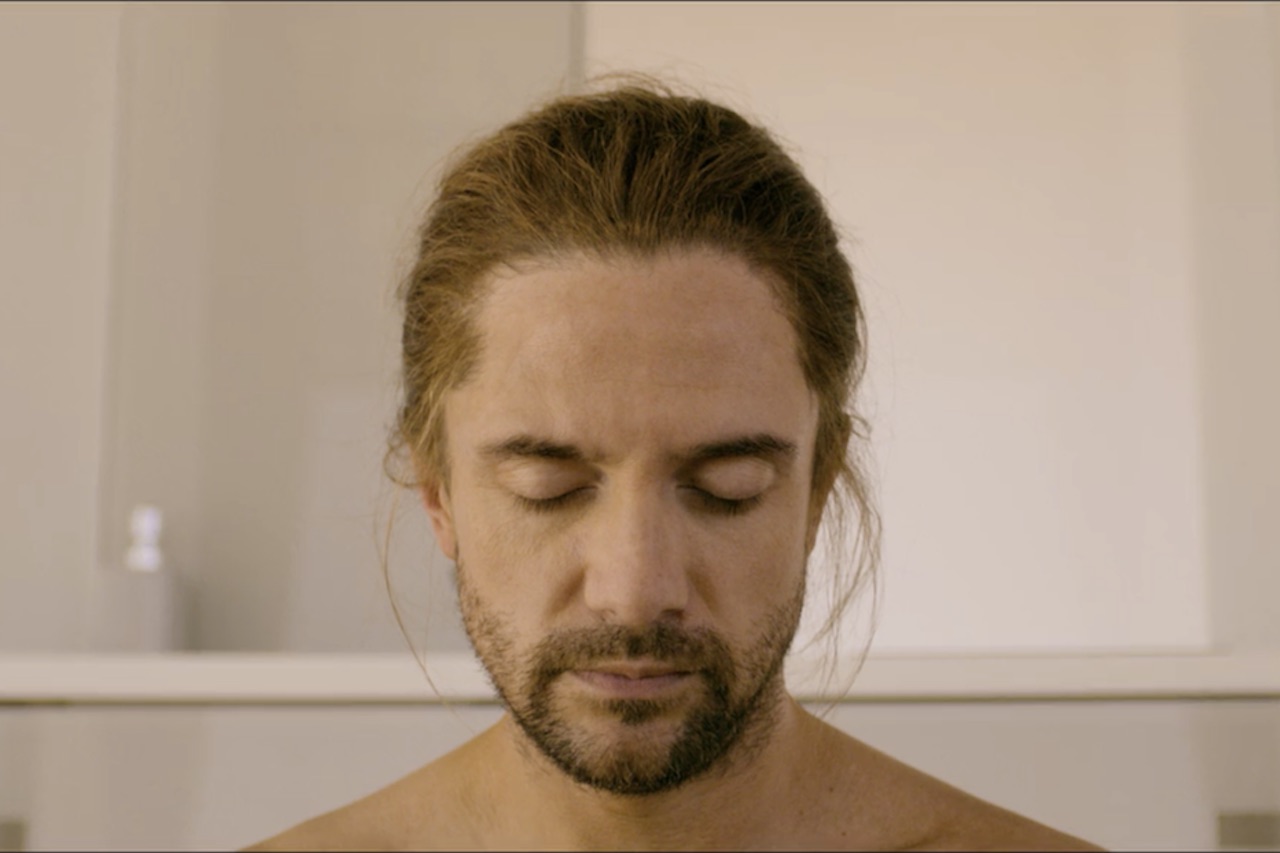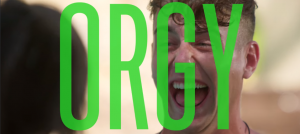The second episode, Smithereens, is by far the most plausible. Unlike nearly every other Black Mirror episode which takes place in some distant future, Smithereens takes place one year ago.
An anonymous London rideshare driver played by Andrew Scott (Sherlock’s Moriarty) kidnaps a young intern working for a fictional social media company named ‘Smithereen’. He tries to ransom him in exchange for a phone call with Billy Bauer, Smithereen’s CEO.
In a typical Black Mirror episode, I would blame technology for the tragic turn of events. I have a hard time doing that for Smithereens. Everything seems so normal, and I am left trying to understand the character’s motivations.
However, over the course of Andrew Scott’s story, it becomes clear to me that it is still technology, namely social media, that pushes him to take such drastic actions.
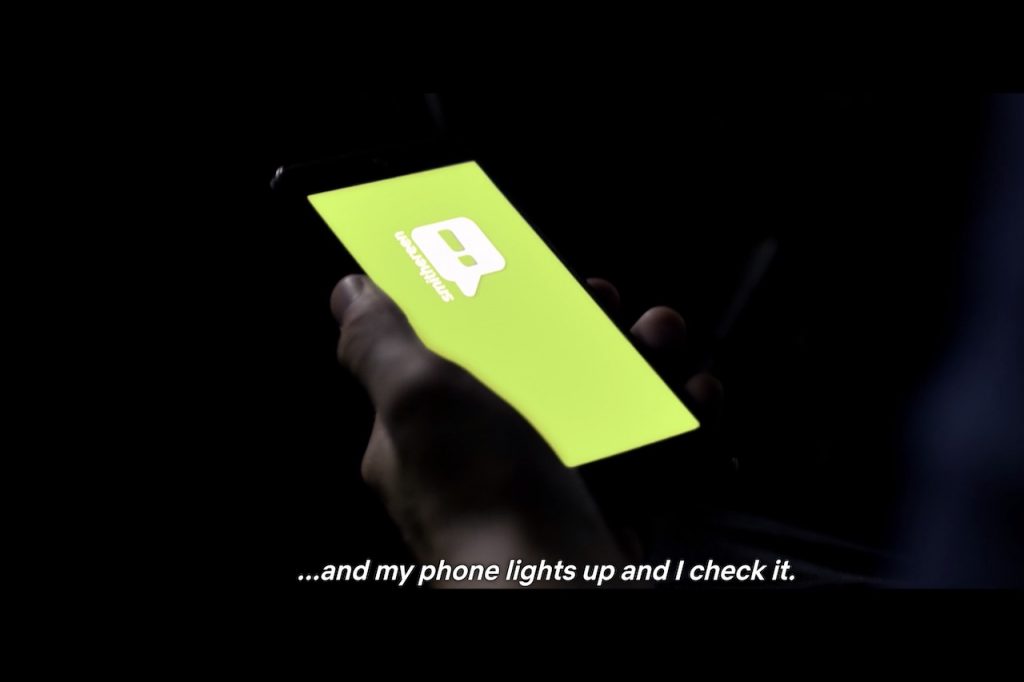
An equally important point is made about the immense power of data-driven tech companies, who have the ability to access every facet of an individual’s life.
When the protagonist eventually ends up in a hostage standoff with the police and on the phone with Smithereen’s Silicon Valley headquarters, the company’s executives start using their troves of user data and superior grasp of information technology to quickly identify this hostage-taker.
He is Christopher Gillheney, an ex-school teacher whose fiance recently died in a car accident. For weeks, he has been accepting rideshare requests outside Smithereen’s office.
The UK police force, despite a greater amount of time and effort, finds far less information.
Much has been written about the capabilities of tech companies, and how they can use user data to infringe individual privacy and influence consumer behaviour, but no article can convey the message quite as forcefully as a Black Mirror episode.
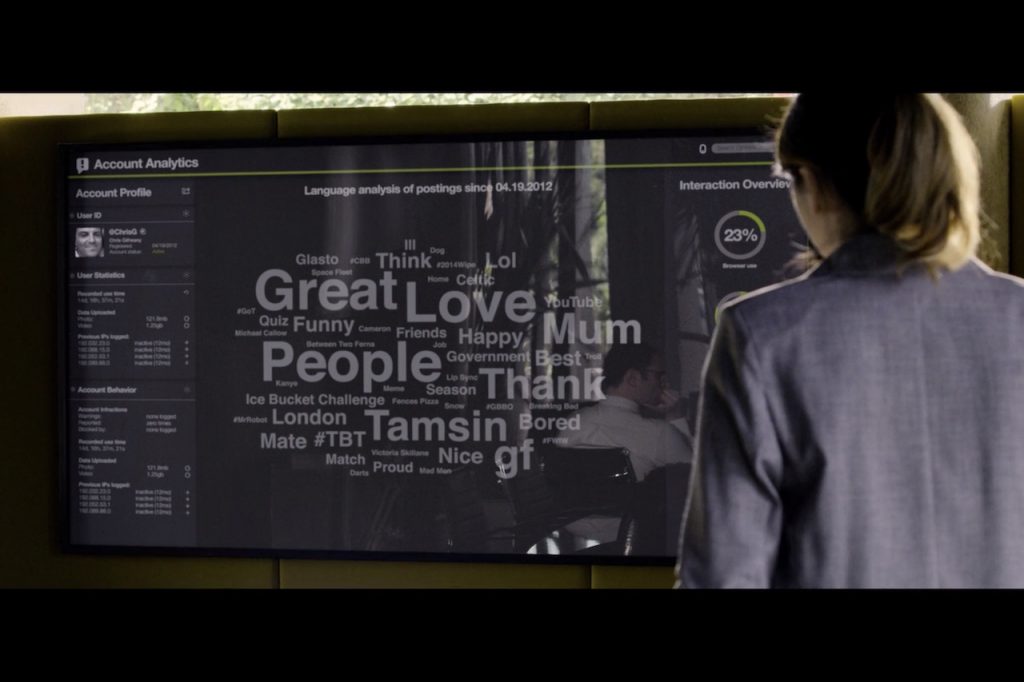
Undeterred, he punches in something on his computer to invoke ‘God-mode’ and finds Christopher’s phone number instantly.
As someone invested in Christopher’s mission to speak to Billy, I’m glad that he has ‘God-mode’. But I wonder if any mortal should really have a ‘God-mode’, whatever it may be. We can only hope that all tech executives are as well-intentioned as Billy Bauer.
The climax of the episode comes during the phone call between Billy and Christopher.
Chris narrates the night his fiance died. Both he and his fiance were totally addicted to Smithereen. The night she died, he was behind the wheel. His fiance was asleep in the passenger seat. He felt his phone vibrate and checked a Smithereen notification just long enough to crash into another vehicle, killing both his fiance and the other driver.
While Chris ultimately holds himself culpable for his fiance’s death, he wants to send the message that social media addiction is far more tragic than people just wasting time scrolling.
Holding back tears, he says, “I heard that you make [social media] that way…addictive…so that you can’t take your eyes off ‘em. Well, job well done. Here’s a bit of user feedback. Maybe factor that into your next update.”
Billy replies, “It wasn’t supposed to be like this… We’ve got a department, where all they do is tweak it like that on purpose; they’ve got dopamine targets and there’s nothing I can do to stop it. I started it, and there is nothing I can do to fucking stop it… Fuck it. That’s it. I’m quitting Smithereen.”
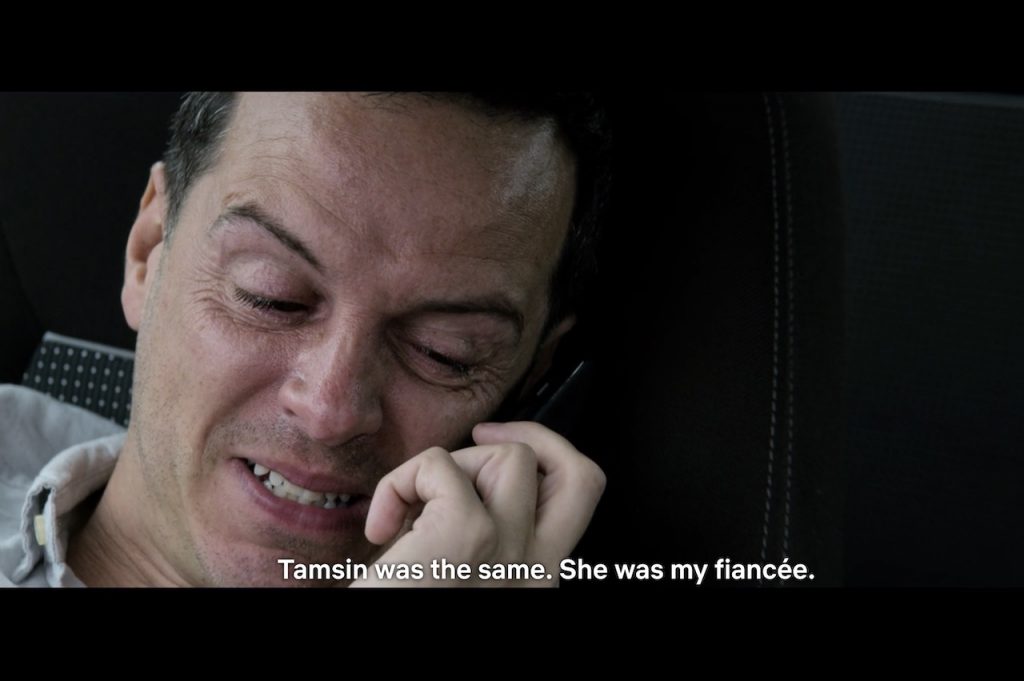
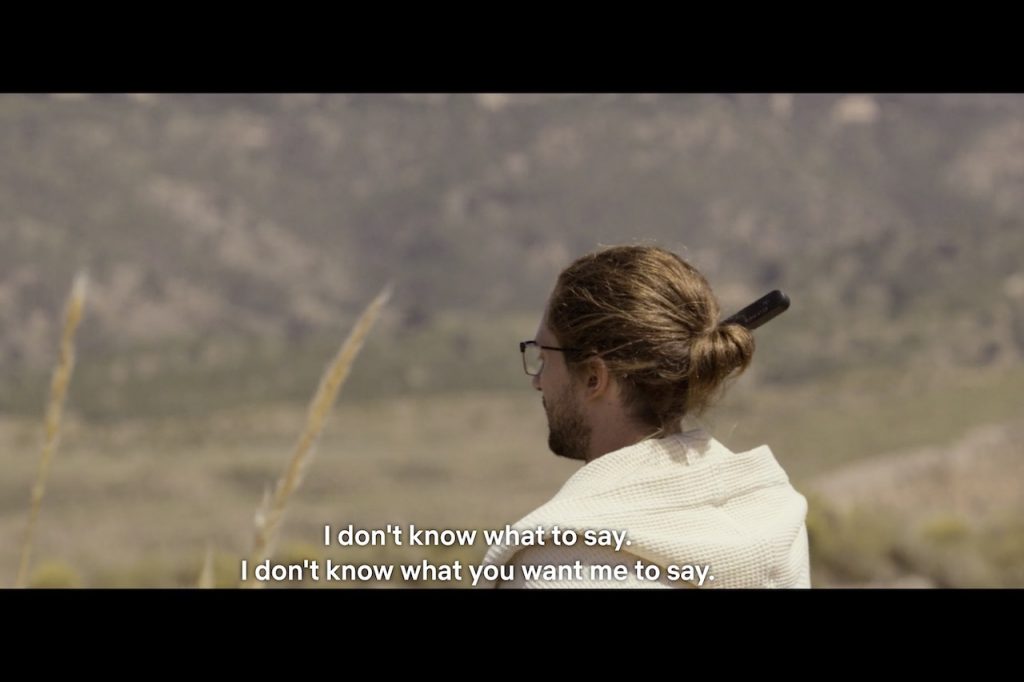
Correspondingly, one of the greatest tragedies of social media today is that very few people acknowledge that it can be harmfully addictive.
If things are going to change, the first step will be acknowledging that social media addiction is a problem. Hopefully, it won’t take too many tragic deaths before tech executives start having conversations like the one between Christopher and Billy.
Some might say that many social media executives have already acknowledged the need to make their business practices more ethical. Most notably, after Russia’ interference in the 2016 US presidential elections, Mark Zuckerberg announced a huge overhaul of Facebook’s user interface aimed in part at improving user privacy and mitigating the spread of misinformation. But it remains to be seen if this overhaul will truly make the user experience any better.
We could have all the privacy in the world, but it’s still a poor life if we remain glued to our screens 24/7.
Hopefully, it won’t take a hostage situation for them to realise they are not powerless to make substantive changes.
And let’s not pretend that we as users are helpless. If we recognise that social media is addictive, we can work to limit our use of it. We don’t have to wait until it ruins our lives or to wait for “magnanimous” tech overlords to intervene and save us.
Typically, Black Mirror explores humanity’s potential dystopian futures. This episode isn’t about a dystopian future, it is about our dystopian present.
I think it’s a wakeup call.

